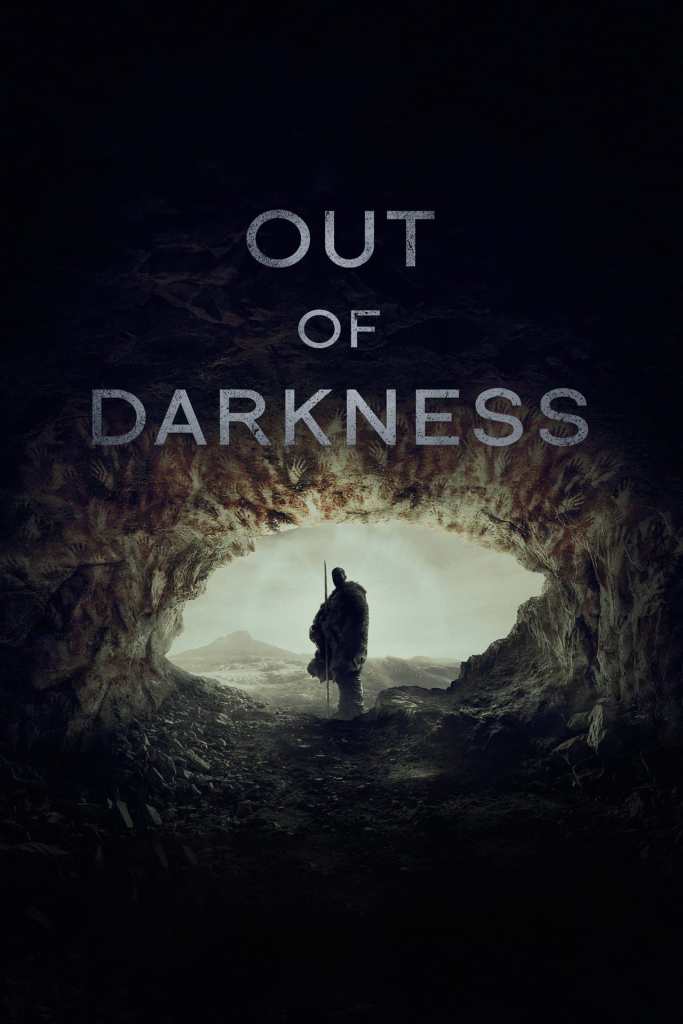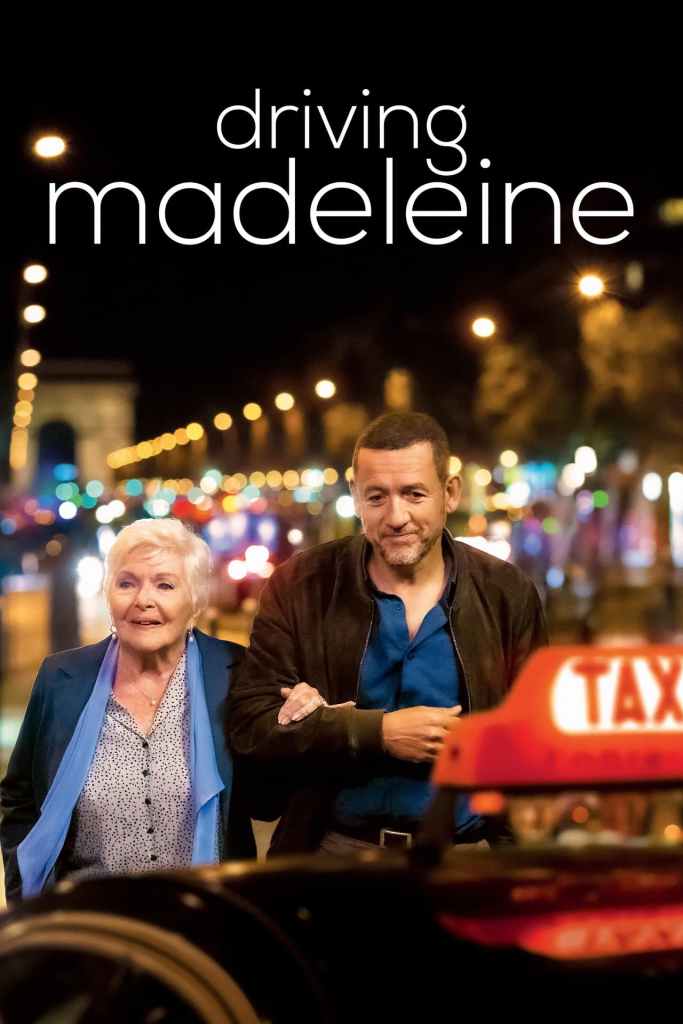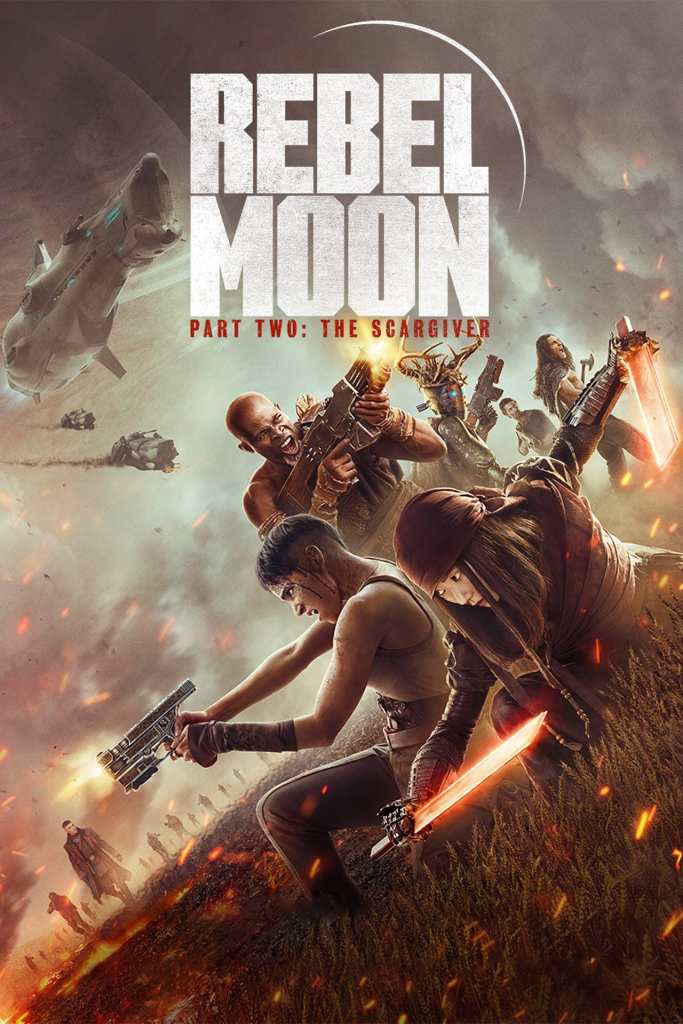
Reviews of Vietnamese film Inside the Yellow Cocoon Shell are squarely divided, with critics lauding it (it won the Caméra d’Or at Cannes) and regular moviegoers calling it a slog. It is slow, I’ll give you that, but anyone that says it has no meaning isn’t paying attention. It opens in Saigon, where two motorcycles have collided head-on. The driver of one is killed instantly; the driver of the second, a woman named Teresa, is mortally injured and later dies at the hospital. Remarkably, her passenger, 5-year-old son Dao, walks away from the crash without a scratch. Teresa’s brother-in-law Thien claims her body and takes it back to the rural village they came from, to be buried with family. Thien is the main character, a man without a compass in life, struggling to find meaning, even when there is meaning all around him, if he would just open his eyes to see it. Thien asks around town for the whereabouts of his brother, who abandoned Teresa and their son, and during his search, Thien is confronted time and again with the faith of those around him. He talks with an old man who fought against the Vietcong during the war, who claims he only survived through the grace of God. Thien runs into an old flame, who has since taken vows to become a nun, and flat out asks her why, seeking answers that have thus far eluded him. There’s even a “good Samaritan” episode when Thien’s motorcycle breaks down on the side of the road. Throughout it all, there are depictions of Jesus and reminders of Teresa’s faith. There’s a very profound moment about halfway through where Dao asks Thien where is heaven, since people keeping talking about it in relation to his mom. Thien starts by painting a rosy picture, but then honestly admits that he too is looking for faith, before returning to a more simplistic, happier definition for the young and hurting Dao. Thien so badly wants to have faith, but maybe doesn’t know how. Of course, that is just about the definition of faith. It is a very languid film (and clocks in at 3 hours) so bring your patience, but to dismiss it as meaningless is a mistake. ★★★½

Out of Darkness is an interesting film that I really enjoyed. It takes place 45000 years ago, following a sextet of people who are arriving to a new shore in the beginning of the film. These are early men, scared of their own shadow (they refuse to approach forests for fear of the demons that live there), but they do have an adventurous spirit and are obviously seeking something better than they had in their old land. However, they are unable to find food in the bleak landscape, and begin to starve. Things turn worse one night when an unseen scavenger grabs the youngest, a 10- or 11-year-old boy named Heron, and takes off. Heron’s father Adem pursues, but the chase leads them into the woods. Adem blindly runs in, and the rest of the crew reluctantly follow. Things get creepy, mostly because these people don’t know what is what (they think an animal den, with its scattered bones and meal leftovers, is a demon pit) and there are some jump scares, but the plot of the film takes an intriguing turn when we learn what is really stalking our protagonists. The film was advertised as a horror film, which maybe turned some viewers off expecting something different. It’s got some thrills but isn’t really what I’d call a horror movie, more of an adventure film with some light scares. And there’s even a lesson to be learned in the end, by those that survive to see it. ★★★½

Driving Madeleine is a very lovely movie out of France. It follows (mostly) a day in the life of taxi driver Charles, who is at a rough moment in his life. His marriage is rocky, mostly over stress about money. Charles works long days and nights driving his taxi, and one day, takes a fair that will take up his whole day. Madeleine is 92 years old, born before “the war” (World War II), and needs to be taken across town to a senior care facility, which she views as a march to her death. She gets in the car and immediately starts regaling Charles with the story of her life. At first, Charles is annoyed; he just wants a quiet drive to get paid. However, he gets wrapped up in Madeleine’s fine story-telling, about her first kiss as a teenager to an American soldier during the war, her abusive marriage later, and so on. Along the drive, she keeps asking Charles for pit stops and detours to see places she knew from years ago. At first, Charles is exasperated, but Madeleine has led an incredible life, and as she tells of it, Charles comes to realize what is really important, and becomes a better person for it by the end. This movie will tug at the heartstrings, mostly from Madeleine’s amazing and, at times, tragic life, but we root for Charles by the end too. ★★★★

Article 370 is a (sort of) true story about the political climate in Kashmir, India, in the late 2010s. When India gained independence in 1947, the states of Jammu and Kashmir were given special status, basically their own government and flag, because the people were mostly Muslim (and leaned towards the newly created Pakistan) but the government was Hindu (and thus pro-unified India). This film picks up in 2016, as tension in the area has been ratcheting up. Terrorists, backed by Pakistan, have been brewing trouble and gaining new followers among the younger generation, so the Indian government has decided it is finally time to bring Kashmir back into their fold. The movie follows many government officials on both sides of the debate, but in particular a special forces agent named Zooni. Zooni does it all in this film, from hunting terrorists to digging for lost documents in dusty libraries to confronting heads of state. She’s an all-around badass. The movie is a little overdramatic, but is certainly interesting, teaching me something about recent history in a part of the world I sadly know very little about. Not one I’d care to watch again, but it did get me on the google for a couple hours researching stuff. ★★½

Going into Rebel Moon 2: The Scargiver, I wasn’t expecting much. After 20-30 minutes, when I was (almost reluctantly) enjoying it, I chalked it up to just being better than my initially low expectations, after the disaster of the first film. 20 minutes after that, when I really started liking it, I had to admit there was more to it than just a gloomy presumption going into the movie. It picks up right where the first film ended, with Kora and her band of small team returning to the farm village to protect it from the Imperium forces, who will be returning for revenge. Her ragtag group of ex-soldiers have to train the villagers to fight seasoned warriors in just 5 days. After the setup, we get right to the big, final battle, which takes fully the second hour of this movie. It is visually dazzling and completely engaging. Don’t get me wrong, this movie still has its issues: lots of cliches, some outlandish plot elements, and you have to suspend belief a couple times to get through more-than-a-couple moments, but it is still a whole lot of fun. I think as a whole, these 2 films would have been better as 1 longer picture, with a good amount of editing to trim the fat, but this second film at least delivers, and gives me hope for more (it does set up future installments). Still, it is getting lambasted by reviewers, but in the words of Nick Hexum, f*k the naysayers cause they don’t mean a thing. ★★★★
- TV series recently watched: Star Trek (season 1), Shogun (series)
- Book currently reading: Starlight Enclave by RA Salvatore